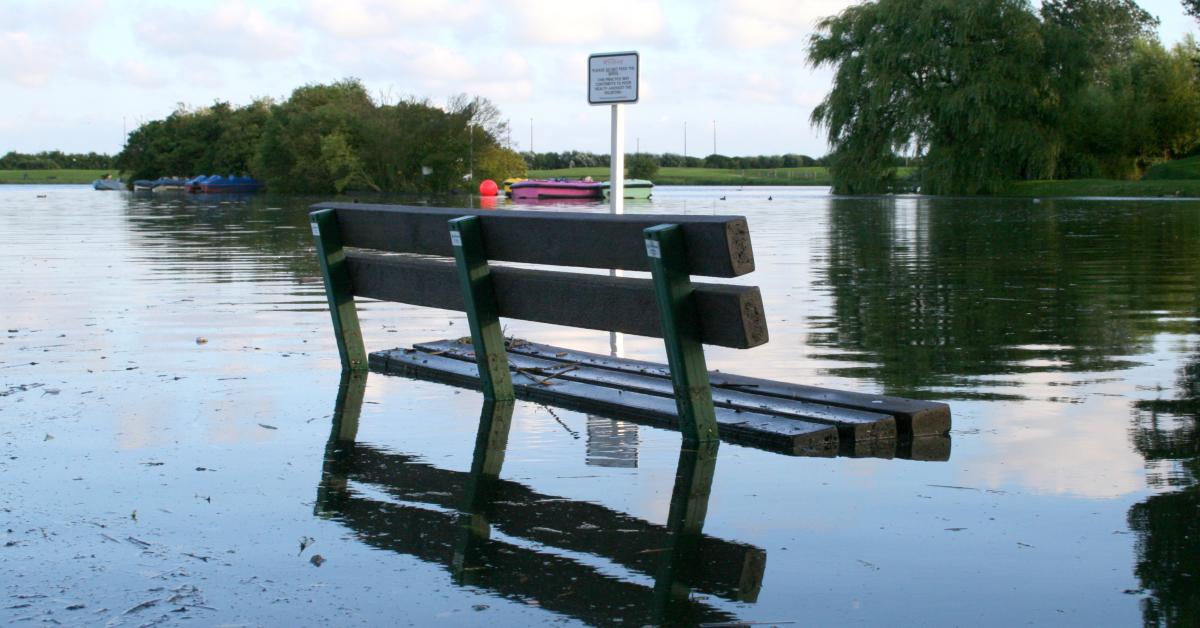Understanding gaps and opportunities
In May and June 2025, baseline study and needs assessments were conducted in Podgorica (Montenegro) and Skopje (North Macedonia) to identify the existing gaps and opportunities. Through interviews with media executives, senior editors and reporters, a shared set of challenges emerged.
In both countries, formal disaster preparedness strategies and frameworks are largely absent within media institutions. Environmental coverage is often driven by sudden events and climate issues are not structurally embedded in newsroom policies. Editorial standards and internal policies rarely contain specific chapters or protocols related to disaster communication.
The use of digital tools and AI for climate and disaster coverage is inconsistent. Where such tools are used, it’s often for basic tasks like translation – often without clear ethical guidelines or adequate training. “Everyone does what they feel is right,” said one journalist, while another professional stressed “We need clearer guidance and shared practices”.
Collaborations between media outlets and emergency management agencies or scientific bodies are also limited. Shared data flow, communication protocols, and coordinated response mechanisms that would allow media to report timely and verified information during emergencies, are scarce.
Another concern raised during the consultations was the absence of strategies to ensure inclusive, equitable coverage of rural or marginalized communities during environmental emergencies, despite widespread recognition of the importance of such engagement.
At the same time, the assessments revealed strong momentum for change. Journalists and editors interviewed expressed a desire for more structured and practical training on climate and disaster reporting, especially when it comes to storytelling, disaster risk communication, and ethical use of AI and digital tools. Many emphasized the importance of cross-border collaboration and regional projects, valuing shared learning and co-productions.
As one editor pointed out, “We need to build a habit of covering these issues with the same rigor as politics.”

